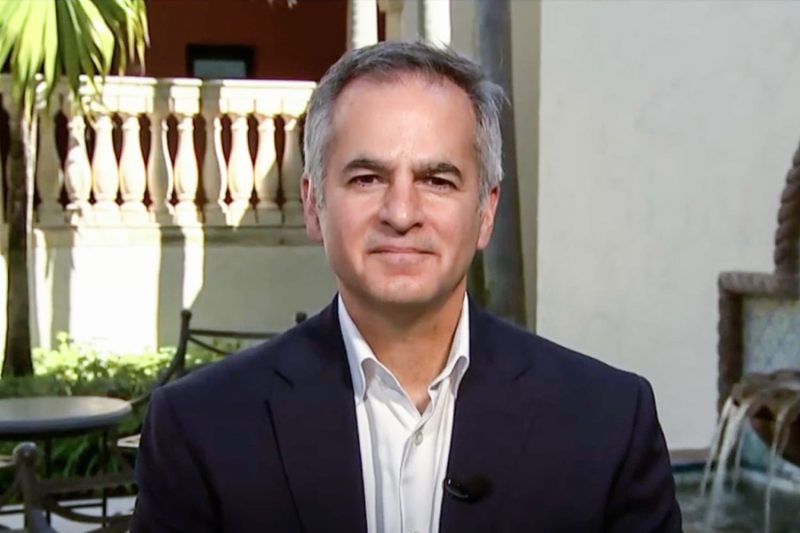
Kellogg CEO Sparks Controversy by Suggesting ‘Cereal for Dinner’ to Cut Costs
In the world of consumer products, brands often find themselves walking a fine line when it comes to marketing and promoting their products. The recent controversy surrounding Kellogg’s CEO’s suggestion that people should eat cereal for dinner as a cost-saving measure has ignited a debate on the intersection of personal finance and nutrition.
While it may seem like a simple and harmless suggestion on the surface, the backlash faced by the Kellogg CEO highlights deeper issues related to food insecurity, budgeting, and the perception of certain foods as suitable for specific meals. The idea of eating cereal for dinner as a way to save money touches upon larger societal issues surrounding access to affordable and nutritious food options.
One of the main criticisms leveled against the CEO’s suggestion is that it overlooks the complexities of food affordability and accessibility for many individuals and families. While cereal may be a relatively inexpensive food option, relying on it as a main meal could potentially lead to nutritional deficiencies and health issues in the long run. Many argue that the focus should be on addressing the root causes of food insecurity and not just promoting quick-fix solutions.
Additionally, the backlash against the Kellogg CEO’s statement also brings to light the stigma associated with certain types of food. Cereal has long been marketed as a breakfast food, and suggesting it as a dinner option may be seen as unconventional or even socially unacceptable by some. This points to broader cultural beliefs and norms around food choices and meal times.
Moreover, the CEO’s remarks raise questions about the role of companies and executives in promoting responsible and ethical consumption habits. In a society where food choices are influenced by factors such as marketing, convenience, and affordability, company leaders have a responsibility to consider the potential impact of their statements on public health and well-being.
In conclusion, while the suggestion to eat cereal for dinner as a money-saving measure may have been well-intentioned, the backlash it has generated underscores the need for a more nuanced and thoughtful approach to discussions around food, nutrition, and financial management. It serves as a reminder that food choices are deeply intertwined with broader issues of equity, access, and societal norms, and should be addressed with sensitivity and consideration for all individuals and their unique circumstances.
